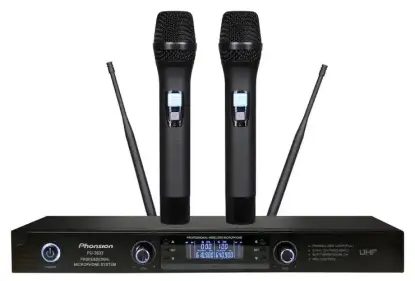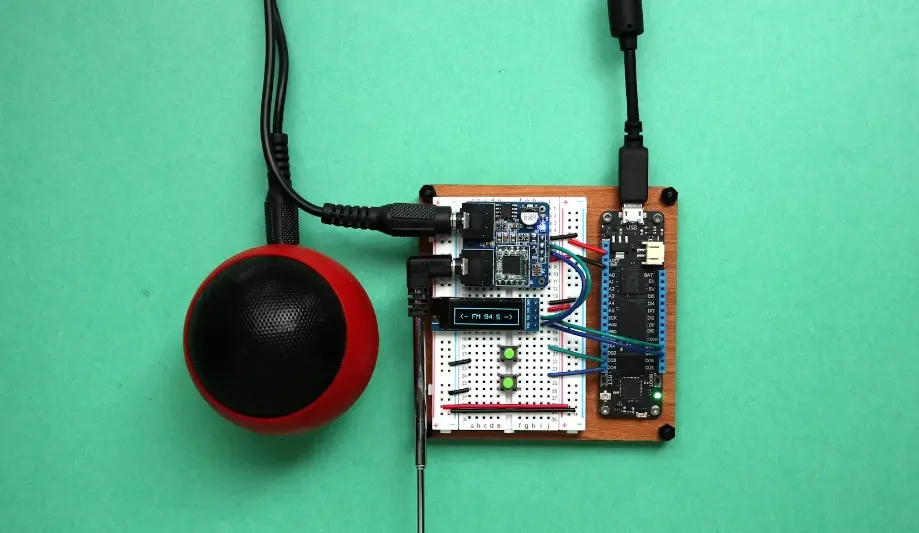
How to Get BIS Certificate in India?
The BIS certificate in India is issued by the Bureau of Indian Standards (BIS), which is the sole certification body in India responsible for product certification. BIS certification is a means of providing customers with third-party assurance of product quality, safety, and reliability. All BIS certifications comply with Indian standards, and upon successful testing, products receive a certificate and can use the ISI mark.
Cost of BIS certification in India:
The cost of BIS certification in India varies depending on the type of product, specific characteristics, and the scope of certification services required. Generally, if only sample testing is needed, testing costs are determined based on the product and typically start at $4000 USD. Additionally, traditional fixed costs for BIS certification include laboratory testing costs, government application costs, customs duties for sample shipment, document translation costs, taxes, etc., which amount to around $3000 USD.
Validity period of BIS certification in India:
The validity period of BIS certification in India is generally 2 years. Manufacturers can begin preparing for renewal work around the last 3 months of the certificate's expiration, i.e., 1 year or 7 months after the certificate's expiration. During renewal, manufacturers can choose to renew for 2 years or 3-5 years, with fees varying based on the renewal period.
Process for obtaining BIS certification in India:
1. Understand standard requirements: Applicants need to thoroughly understand the requirements of applicable BIS standards, including product specifications, testing methods, quality control requirements, etc., which cover various product categories such as electronics, food and beverages, cosmetics, construction materials, etc.
2. Product testing and evaluation: Applicants need to conduct necessary testing and evaluation of their products according to BIS standards. This usually requires testing in BIS-accredited laboratories to ensure that test results meet standard requirements.
3. Prepare application documents: Prepare and submit all necessary application documents, clearly displaying relevant information about the product for review and evaluation by the BIS certification body. These documents include but are not limited to application forms, test reports, product specifications, production process diagrams, raw material lists, etc.
4. Submit application and evaluation: Submit application documents to the BIS certification body for review and evaluation. Once the application documents are ready, applicants can submit them to the BIS certification body for review.
5. Review and evaluation: BIS will review and evaluate the application, which may require supplementary materials or on-site inspections. Upon successful review, applicants will receive BIS certification and corresponding certification certificates.
6. Payment of fees: Throughout the certification process, applicants need to pay fees related to certification.
Documents required for BIS certification in India:
1. Application form: Applicants need to fill out and submit the BIS certification application form, including detailed information about the product and the applicant's basic information.
2. Appointment letter or proof of agent: If the applicant is a non-Indian local company, they should provide an appointment letter for a local agent in India or proof that the manufacturer has an office in India. Additionally, a permit from the Reserve Bank of India is required.
3. Company establishment documents: Such as registration certificates, to prove the applicant's legal operating status.
4. Product manufacturing process description: Applicants need to provide a detailed description of the product manufacturing process from raw materials to finished products, including materials used, production processes, quality control measures, etc.
5. Quality control system documents: Including quality manuals, quality control plans, testing arrangements, etc., to demonstrate that the applicant has a sound quality control system to ensure product quality and safety.
6. Other certification materials: If the product has obtained other certifications such as ISO certification, applicants need to provide corresponding certification certificates and materials.
Scope of BIS certification products:
BIS certification is divided into two categories: Batch I (MANDATORY) and Batch II (COMPULSORY).
Batch I applies to manufacturers from any country and includes products such as tires, household appliances (e.g., irons, kettles, stoves, heaters, etc.), cement concrete, circuit breakers, steel, electricity meters, automotive parts, food, powdered milk, feeding bottles, tungsten filament lamps, oil pressure stoves, large ***, plugs, medium and high voltage wires and cables, self-ballasted fluorescent lamps, etc.
Batch II applies to set-top boxes, laptops, notebooks, tablet computers, monitors with screen sizes of 32 inches and above, video monitors, printers, plotters, scanners, wireless keyboards, answering machines, automatic data processors, microwaves, projectors, etc.
Additionally, chemicals and pesticides, pumping, irrigation, drainage and sewage treatment equipment, water supply system pipelines and devices, black tea and beverages are also within the scope of BIS certification.
Email:hello@jjrlab.com
Write your message here and send it to us
 Wireless Microphone Export Certification
Wireless Microphone Export Certification
 Audio-Visual Products SNI Certification in Indones
Audio-Visual Products SNI Certification in Indones
 FCC-ID: Still Needed if Module is Certified?
FCC-ID: Still Needed if Module is Certified?
 FCC Certification Fees for Handheld Fans
FCC Certification Fees for Handheld Fans
 FCC Certification Testing for Smart Lighting Produ
FCC Certification Testing for Smart Lighting Produ
 What is the ETSI EN 303 645 Testing Standard?
What is the ETSI EN 303 645 Testing Standard?
 UL Compliance and ETL Certification for LED Lighti
UL Compliance and ETL Certification for LED Lighti
 What is the IEC 60598 Standard?
What is the IEC 60598 Standard?
Leave us a message
24-hour online customer service at any time to respond, so that you worry!




